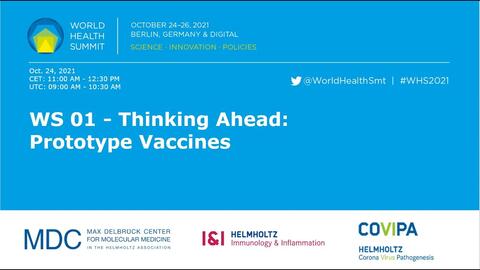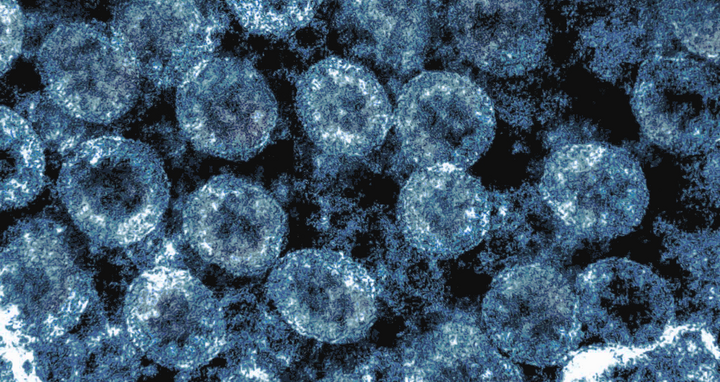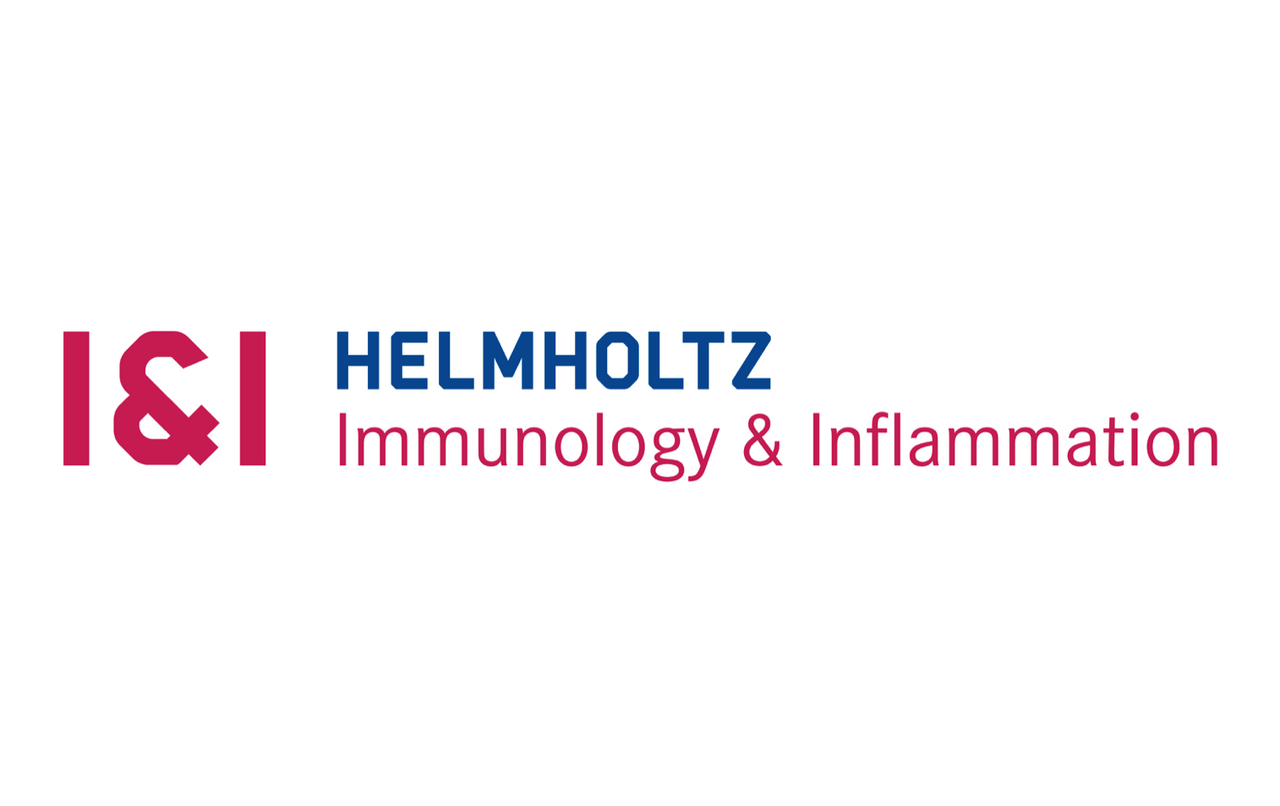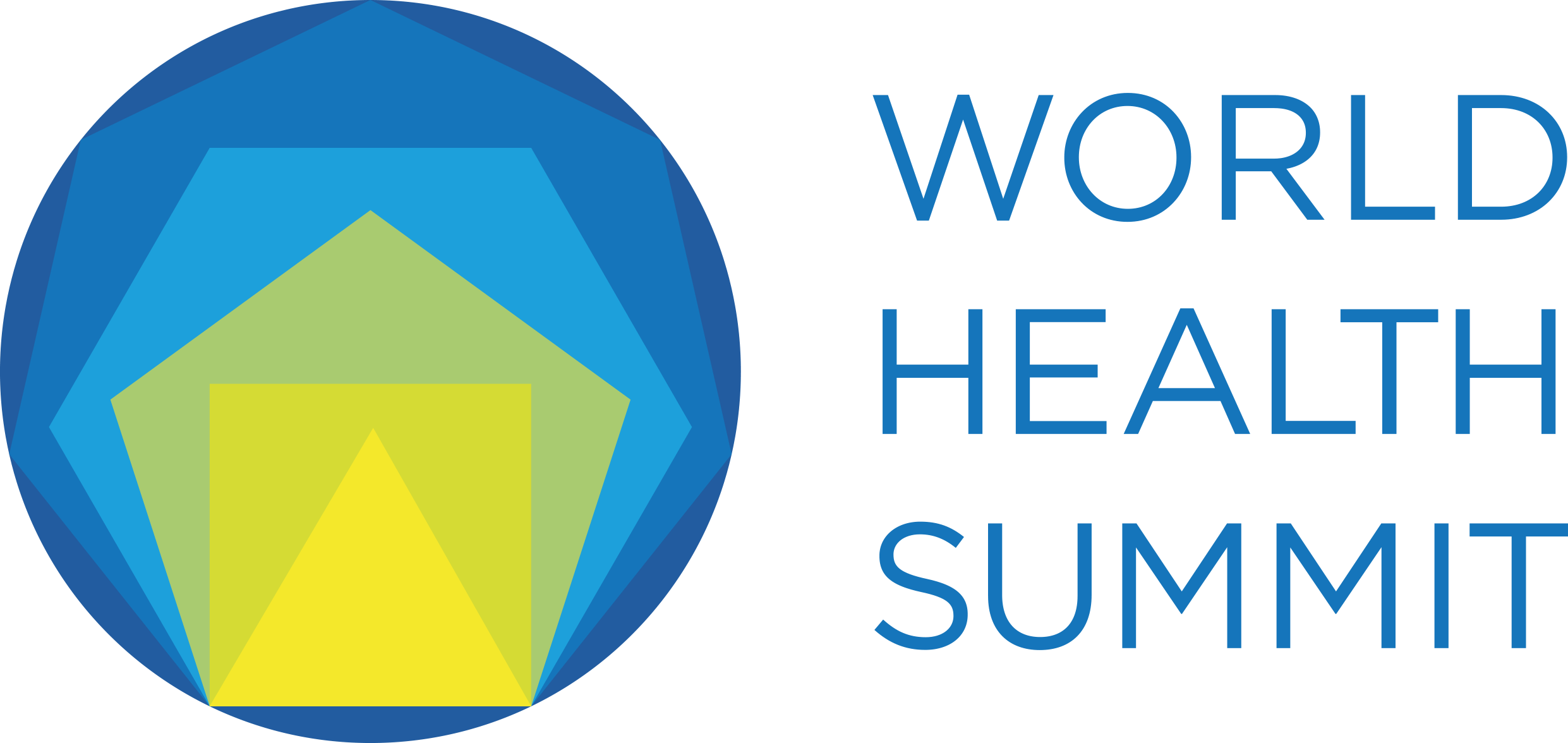Thinking Ahead: Prototype Vaccines
Panel Discussion by the Immunology & Inflammation Initiative (I&I) within the World Health Summit
Chaired by MDC Scientist Michela Di Virgilio
Vaccines are the major cornerstone to control pandemics. This has been demonstrated in the past for instance by the eradication of poxvirus or the global control of poliomyelitis. Given the long history of vaccines, established pipelines for their development and production have been developed. The still ongoing Covid-19 pandemic has enriched this pipeline and although SARS-CoV-2 vaccines have been developed and approved within less than a year, this major achievement built on decades of basic research. Equally important was the massive financial support, accelerated administrative procedures and rapid increase in production capacity. Yet, important challenges remain such as the global distribution of vaccines and insufficient vaccination rates in countries where these vaccines are available.
Another challenge is to increase our preparedness for possible future pandemics. How can we deal with future pandemics more effectively and could we even contain initial outbreaks? One approach might be the development of prototype vaccines, but how efficient can these be? Can we exploit our experience from the Covid-19 pandemic and develop novel vaccine platforms allowing even faster vaccine development and clinical approval? Obviously, the investment into such vaccine approaches and required infrastructure will be associated with high costs. In this session, we want to discuss the ongoing work in this exciting area, learn about its feasibility and understand its potential impact on global health care.

Vaccines are the major cornerstone to control pandemics. This has been demonstrated in the past for instance by the eradication of poxvirus or the global control of poliomyelitis. Given the long history of vaccines, established pipelines for their development and production have been developed. The still ongoing COVID-19 pandemic has enriched this pipeline and although SARS-CoV-2 vaccines have been developed and approved within less than a year, this major achievement built on decades of basic research. Equally important was the massive financial support, accelerated administrative procedures and rapid increase in production capacity. Yet, important challenges remain such as the global distribution of vaccines and insufficient vaccination rates in countries where these vaccines are available.
Venue
Virtual Meeting
Time
Program
Panel Discussion:
Chairs:
Michela Di Virgilio
Max Delbrück Center for Molecular Medicine | Group Leader | Helmholtz Association initiative Immunology & Inflammation | Co-Speaker | Germany
Ralf Bartenschlager
German Cancer Research Center (DKFZ) | Department of Molecular Virology | Head of Department | Germany
Speakers:
Florian Klein
University of Cologne | Institute of Virology | Director | Germany
Rino Rappuoli
GlaxoSmithKline | Chief Scientist and Head External R&D | Italy
Robin Shattock
Imperial College London | Department of Infectious Diseases | Director of the Future Vaccine Manufacturing Research Hub | United Kingdom
Nancy Sullivan
National Institutes of Health | NIAID | Vaccine Research Center | Senior Investigator & Chief of Biodefense Research Section | United States of America
Annelies Wilder-Smith
London School of Hygiene & Tropical Medicine (LSHTM) | Professor of Emerging Infectious Diseases and WHO Consultant COVID-19 Vaccines | United Kingdom
Organizers
World Health Summit (WHS)
Immunology & Inflammation (I&I) Initiative
Michela Di Virgilio from Max Delbrück Center for Molecular Medicine (MDC)
Ralf Bartenschlager from CoViPa




